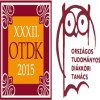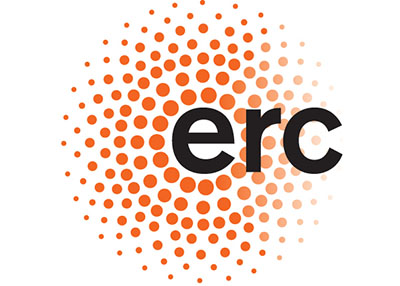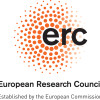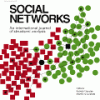OTDK success!

Two members of our research team, Eszter Mandácskó and Barbara Panyik have first place on the National Scientific Students’ Associations Conference in Social Sciences section (Sociology 2nd Group). Congratulations!







